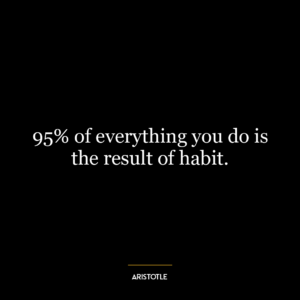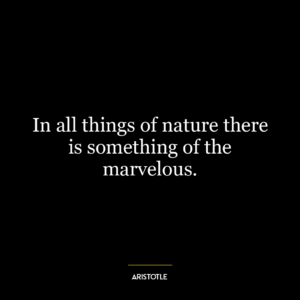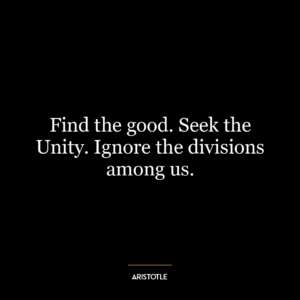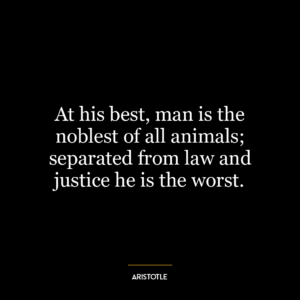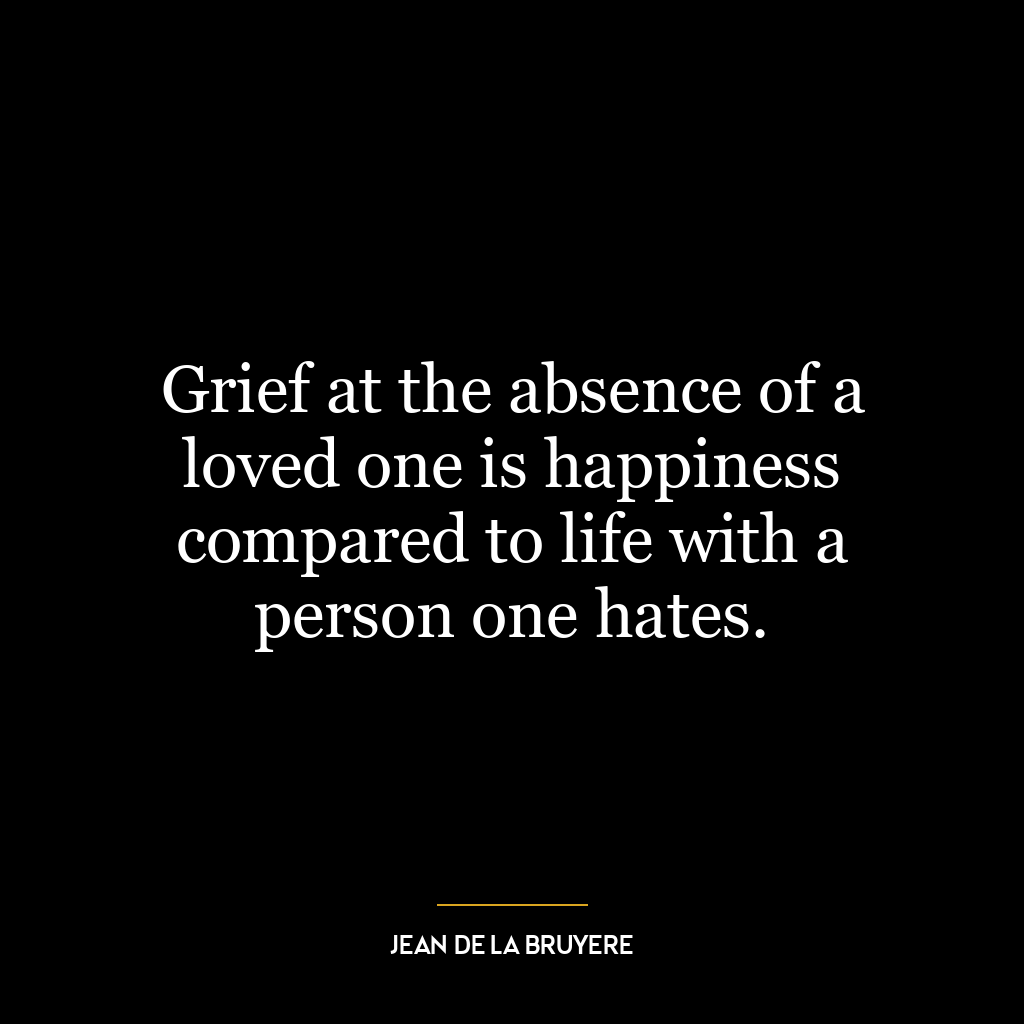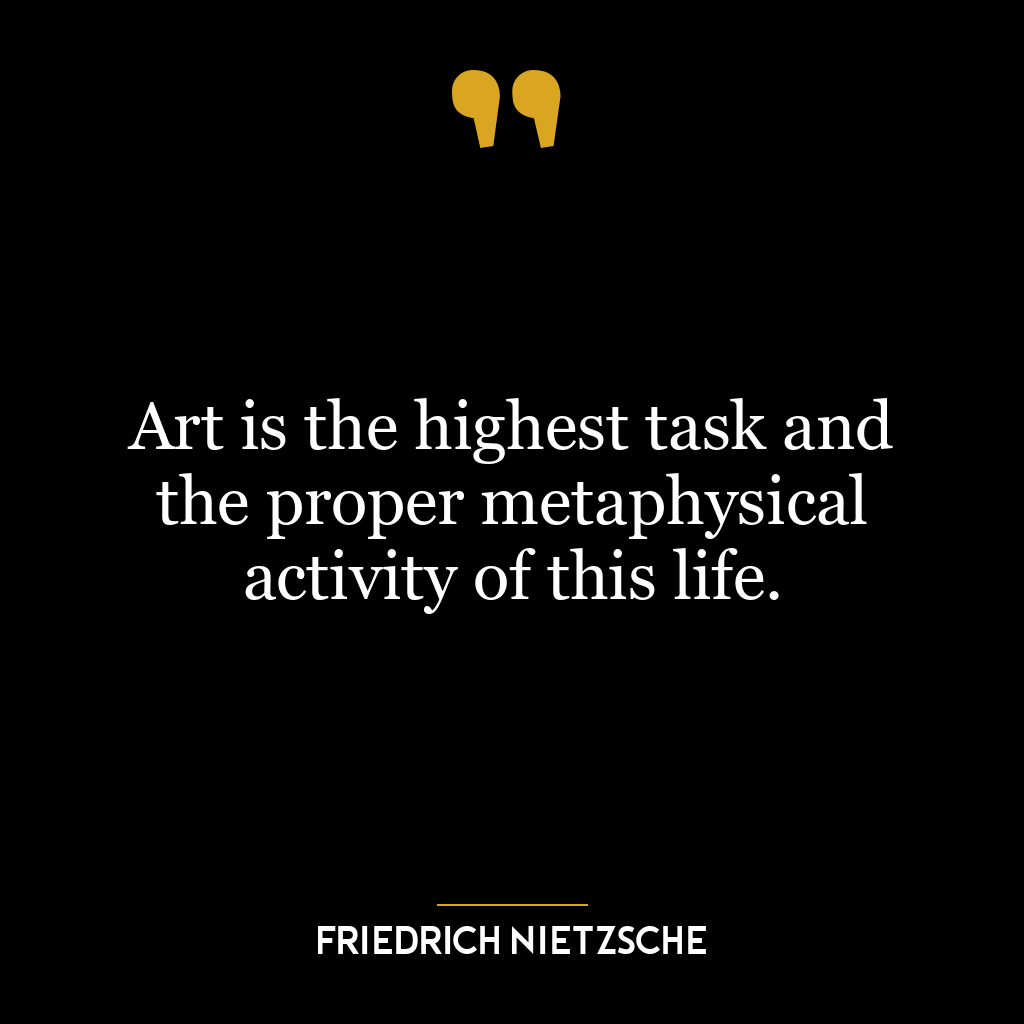This quote underscores the idea that the ultimate goal of human life is to attain happiness. It suggests that everything we do, every decision we make, every path we choose, is driven by our pursuit of happiness. According to this quote, happiness is not just a byproduct of achieving our goals, but rather the goal itself. It’s not something that comes after success, wealth, or power, but it is the success, wealth, and power in itself.
Aristotle’s notion of happiness is not a fleeting or momentary feeling of joy or pleasure, but a deep, enduring state of fulfillment and well-being. It is about living a life of virtue, wisdom, and personal growth, where we strive to realize our fullest potential as human beings.
In today’s world, this idea is more relevant than ever. We live in a society that often equates happiness with material wealth or social status. We are constantly bombarded with messages that tell us we need to have more, do more, and be more in order to be happy. Yet, studies show that beyond a certain point, wealth and status do not increase our happiness. In fact, they can often lead to stress, anxiety, and dissatisfaction.
In terms of personal development, this quote reminds us to focus on what truly matters. Instead of chasing after external markers of success, we should strive to cultivate inner qualities such as kindness, resilience, and gratitude. We should seek to build meaningful relationships, engage in work that we find fulfilling, and contribute to the well-being of others. By doing so, we can create a life that is not only successful in a conventional sense, but also deeply satisfying and meaningful.
Ultimately, Aristotle’s quote invites us to rethink our definitions of success and happiness. It encourages us to see happiness not as a destination, but as a journey, and not as something that is granted by external circumstances, but as something that is cultivated from within.




